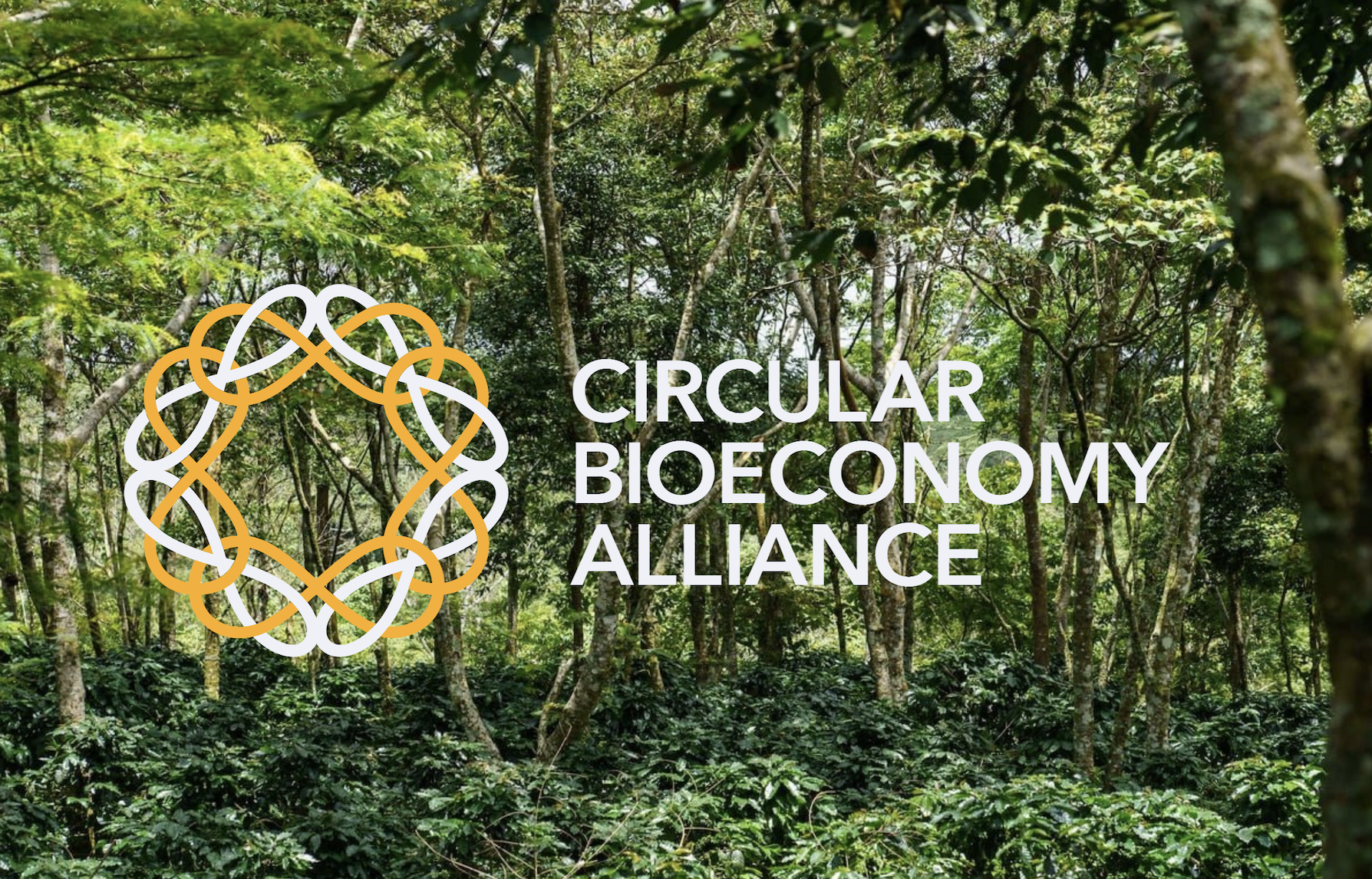Earth Day: Four ways to reduce your coffee and chocolate footprint
Earth Day reminds us that change doesn't have to wait for sweeping policy or perfect systems. Often, it starts with something as simple—and as...
Mar 26, 2024 - 1 min read

Many businesses are incorporating energy-efficient features to reduce their environmental footprint © Scott Webb
Businesses are recognizing the importance of environmental, social and governance (ESG) factors, not just for the planet, but also for themselves. Here's why going green with a sustainable office can have a positive impact:
People increasingly value working for companies that prioritize sustainability. A green office shows you're a responsible organization, making you a magnet for eco-conscious professionals.
Sustainable practices can save you money. Energy-efficient buildings with LED lights can significantly reduce CO2 emissions and operating costs. Natural resources like sunlight can further decrease energy consumption, while a healthy work environment can lead to a happier, more productive workforce.
So, how can you make your office a little greener and reduce your carbon footprint? Check out these five key trends:
Bring the outdoors in! Studies show that natural light and indoor plants can improve employee well-being and even boost productivity. Imagine working under skylights, surrounded by calming greenery - a recipe for a more serene work environment.

Biophilic design lets you reconnect with nature © Cottonbro Studio
Building green starts with the foundations. Companies are prioritizing materials with a lower environmental impact, like those made from recycled content or sourced locally. This not only benefits the planet but can also be a cost-effective choice.
Every little bit counts! Switching to recycled paper products, encouraging employees to use reusable water bottles and opting for eco-friendly cleaning solutions are simple ways to minimize your office's environmental impact and promote a culture of reduce, reuse, and recycle.
Who doesn't love a good cup of coffee? But our morning can have a bigger impact than we think. By choosing ethically sourced and shade-grown coffee, businesses support responsible farming practices that ensure fair treatment of workers and minimize environmental damage.

Swapping for nature positive coffee is a simple way businesses can make their office greener © SLOW
Smart businesses are cutting their carbon footprint with cutting-edge technology. Smart building systems automatically adjust lighting and temperature based on occupancy, while renewable energy sources like solar panels or wind power help reduce reliance on fossil fuels.
These trends highlight the growing commitment to creating a greener work environment. By embracing these practices, businesses can contribute to a healthier planet, attract top talent and potentially save money. It's a win-win for everyone!

Earth Day reminds us that change doesn't have to wait for sweeping policy or perfect systems. Often, it starts with something as simple—and as...

Big news from Slow. African Coffee Roasters is now part of the Slow family. And this isn’t just an acquisition—it’s a major step forward in how...

A few years ago, coffee and chocolate were just products. But at Slow, we’re changing the story. We’re not just selling beans and cocoa, we’re...